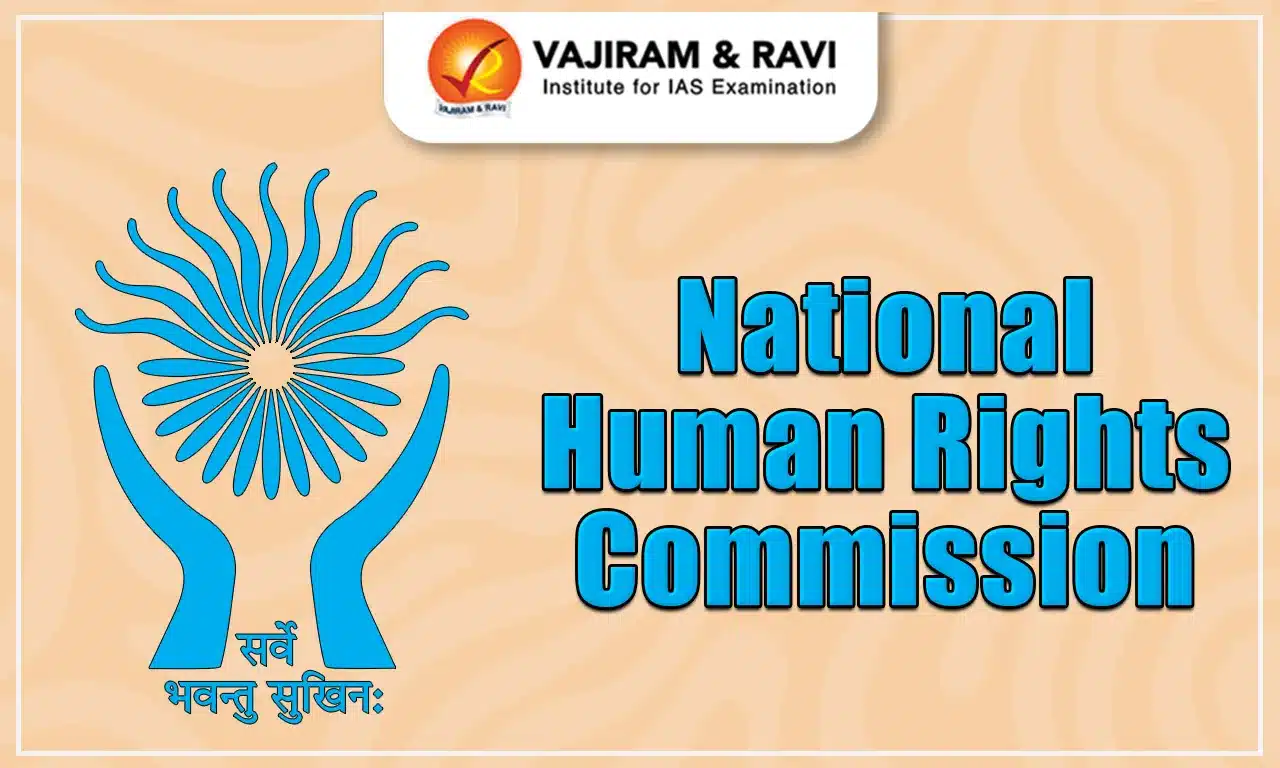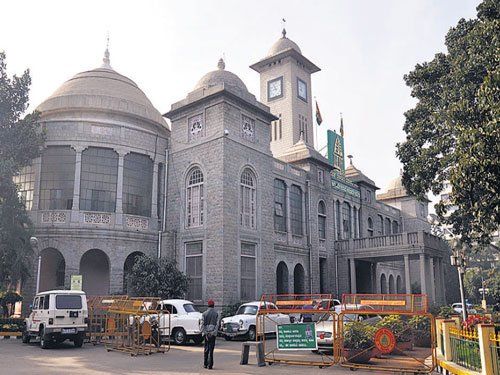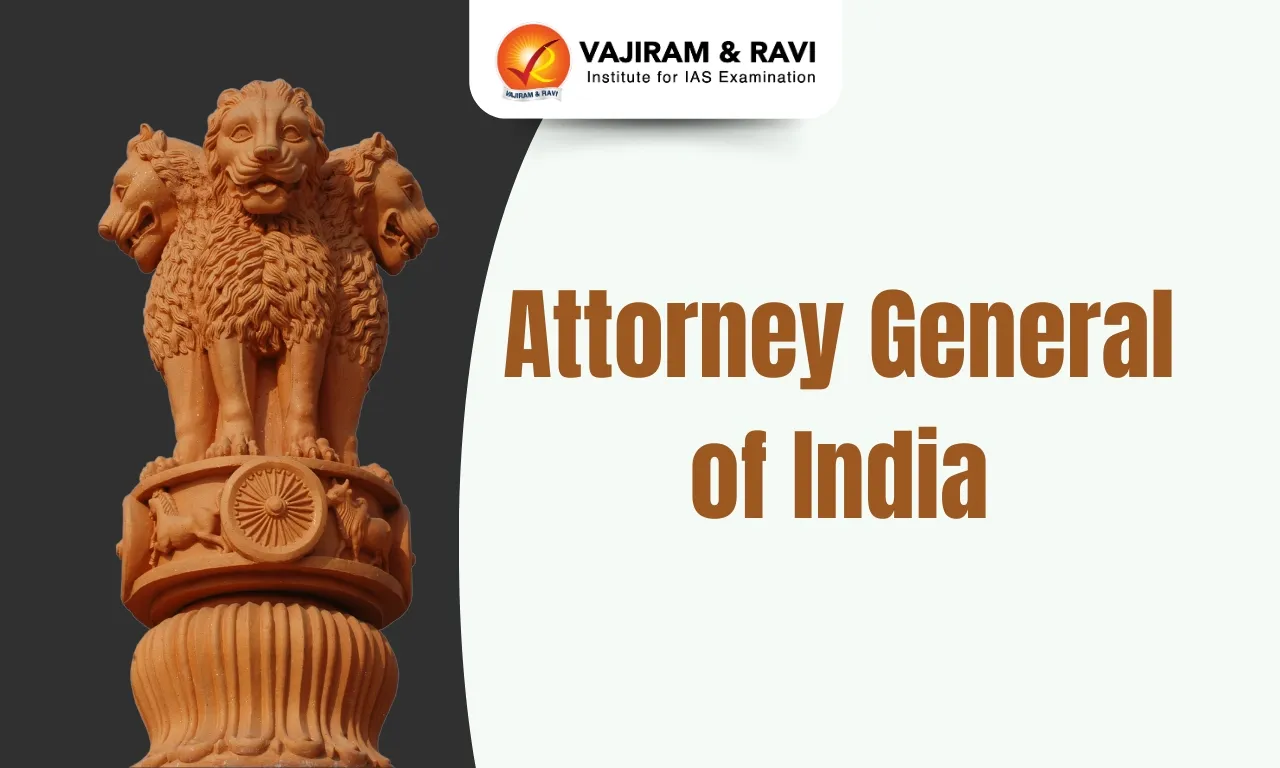The National Human Rights Commission (NHRC) is a vital institution tasked with safeguarding human rights and ensuring the protection of individuals' lives, liberty, equality, and dignity. It investigates human rights violations and works to promote awareness and reform through recommendations to the government.
The NHRC acts as a watchdog, intervening in cases of injustice and advocating for marginalized groups, ensuring constitutional rights are upheld. However, the NHRC faces numerous challenges, including resource constraints, a heavy workload, and limited powers to enforce its recommendations.
About NHRC - National Human Rights Commission
The National Human Rights Commission is an independent statutory body, established on October 12, 1993, under the Protection of Human Rights Act, 1993. The commission serves as a guardian of human rights in India, overseeing the rights associated with life, liberty, equality, and the dignity of individuals. These rights are guaranteed by the Constitution of India and are also reflected in international covenants, like the Paris Principles on Human Rights.
- Human Rights: Section 2(1)(d) of the Protection of Human Rights Act, 1993 defines human rights as the rights concerning an individual's life, liberty, equality, and dignity, which are protected by the Constitution or outlined in international treaties and can be enforced in Indian courts.
NHRC Objectives
The National Human Rights Commission was established with several specific objectives aimed at enhancing the framework for addressing human rights issues in India. The key objectives are as follows:
- To strengthen institutional arrangements that allow for a comprehensive and focused approach to addressing human rights issues.
- To investigate allegations of excesses by authorities independently, demonstrating the government's commitment to safeguarding human rights.
- To complement and bolster existing efforts aimed at promoting and protecting human rights
NHRC Composition
The National Human Rights Commission is a multi-member body. It consists of a chairperson and five members, each bringing a wealth of experience and expertise to the commission. The composition is as follows:
- Full-Time Members: The chairperson should be either a retired Chief Justice of India or a judge of the Supreme Court.
- Members include a sitting or retired judge of the Supreme Court, a sitting or retired Chief Justice of a High Court, and three individuals (with at least one being a woman) who possess knowledge or practical experience in human rights.
- Seven Ex-officio Members: In addition to these full-time members, the commission includes seven ex-officio members, comprising the chairpersons of various national commissions, including:
- The National Commission for Minorities
- The National Commission for Scheduled Castes (SCs)
- The National Commission for Scheduled Tribes (STs)
- The National Commission for Women
- The National Commission for Backward Classes (BCs)
- The National Commission for Protection of Child Rights
- The Chief Commissioner for Persons with Disabilities.
NHRC Appointment
The appointment of the chairperson and members of the NHRC is carried out by the President of India based on the recommendations of a six-member committee. This committee is headed by the Prime Minister and includes the following members:
- Speaker of the Lok Sabha,
- Deputy Chairman of the Rajya Sabha,
- Leaders of the Opposition in both Houses of Parliament, and
- Union Home Minister.
Additionally, the appointment of a sitting judge of the Supreme Court or a sitting Chief Justice of a High Court requires prior consultation with the Chief Justice of India.
NHRC Tenure and Conditions of Service
The chairperson and members of the NHRC serve for a term of three years or until they reach the age of 70 years, whichever is earlier. They are eligible for reappointment following the completion of their term. However, once their tenure concludes, neither the chairperson nor the members are permitted to seek further employment with the Central or State governments.
NHRC Salaries and Allowances
The salaries, allowances, and other conditions of service for the chairperson and members are set by the Central government. However, these terms cannot be altered to their disadvantage after their appointment.
NHRC Removal
The President of India can remove the NHRC chairperson or members under certain circumstances, including insolvency, engaging in outside paid employment, physical or mental incapacity, being declared of unsound mind, or conviction and imprisonment for a crime. In cases of proven misbehaviour or incapacity, the President must refer the matter to the Supreme Court for an inquiry. If the Court confirms the grounds for removal, the President can then remove the individual from office.
NHRC Functions
The NHRC is entrusted with a variety of functions aimed at promoting and protecting human rights across India. These functions include conducting inquiries into violations, recommending measures for improvement, and raising awareness about human rights issues. The key functions of the NHRC are as follows:
- To inquire into any violation of human rights or negligence in preventing such violations by public servants, either on its initiative (suo motu), based on petitions presented to it, or by order of a court.
- To intervene in any ongoing court proceedings involving allegations of human rights violations.
- To visit prisons and detention centres to assess the living conditions of inmates and make recommendations for improvements.
- To review constitutional and legal safeguards for the protection of human rights and suggest measures for their effective implementation.
- To analyze factors such as acts of terrorism that impede the enjoyment of human rights and recommend necessary remedial actions.
- To study treaties and international human rights instruments and recommend effective measures for their implementation.
- To promote and conduct research in the field of human rights.
- To enhance human rights literacy among the public and increase awareness of the protections available for these rights.
- To support the initiatives of nongovernmental organizations (NGOs) working in the area of human rights.
- To undertake any other functions deemed necessary for the promotion of human rights.
NHRC and Armed Forces
The National Human Rights Commission, upon receiving petitions or acting on its own, may seek a report from the Central Government regarding alleged human rights violations by the armed forces.
- After reviewing the report, the Commission may either dismiss the complaint or make recommendations to the Government.
- The Central Government must then inform the Commission of the actions taken on these recommendations within three months or within an extended time allowed by the Commission.
- The NHRC is also required to publish its report, including the recommendations and the actions taken, and provide a copy to the petitioner.
NHRC - National Human Rights Commission Reports
The National Commission of Human Rights is required to submit an annual report to both the Central Government and the relevant State Government. The Central and State Governments must then ensure that these reports are presented to each House of Parliament or the State Legislature, along with a memorandum detailing the actions taken or proposed in response to the Commission's recommendations. If any recommendations are not accepted, the memorandum must also provide reasons for their rejection.
NHRC Powers
The NHRC is endowed with the authority to regulate its procedures and possesses all the powers of a civil court, giving its proceedings a judicial character. It can call for information or reports from both the Central and State governments, as well as any subordinate authorities. The commission has its investigative staff dedicated to looking into complaints of human rights violations and is authorized to use the services of any officer or investigative agency from the Central or State governments as needed.
During or after completing an inquiry, the NHRC may take several actions, including:
- Recommending to the relevant government or authority the payment of compensation or damages to the victim.
- Recommending the initiation of legal proceedings against the guilty public servant.
- Recommending the provision of immediate interim relief to the victim by the concerned government or authority.
- Approaching the Supreme Court or the relevant High Court for necessary directions, orders, or writs related to the case.
However, the NHRC cannot inquire into any matter after one year has elapsed from the date the act constituting the alleged human rights violation occurred
NHRC Performance
The NHRC has actively engaged in addressing a wide range of human rights issues across India. Its efforts aim to promote and protect the rights of various marginalized groups and ensure adherence to human rights standards. Some notable issues taken up by the Commission include:
- Abolition of Bonded Labour
- Abolition of Child Labour
- Rights of the Disabled Persons
- Rights of Persons Affected by HIV / AIDS
- Steps to Check Custodial Deaths, Rape and Torture, etc.
NHRC Challenges
Despite its vital role in promoting and protecting human rights, the NHRC faces several challenges that can impede its effectiveness. Some of the key challenges faced by the NHRC in its efforts to protect and promote human rights include:
- Delayed Appointment: Often delayed appointment of Chairperson and members raised concerns about the NHRC's ability to effectively address human rights issues.
- Global Alliance of National Human Rights Institutions (GANHRI) recently deferred NHRC's accreditation for the second consecutive year, citing the lack of transparency in the appointment process and insufficient representation of women and minorities within the Commission.
- Non-Binding Recommendations: The NHRC can only recommend actions to the government, with no enforcement power, limiting its impact on human rights protection.
- The NHRC is called a "toothless tiger" for being seen as passive in addressing human rights violations, a term coined by former Chief Justice HL Dattu, its chairperson in 2016.
- Inability to Punish Violators: The NHRC cannot impose penalties on perpetrators or directly provide relief to victims, undermining its effectiveness.
- Limited Investigative Authority: Lacking an independent investigative mechanism, the NHRC relies on state and central governments, leading to potential bias, especially in cases involving state actors.
- Time Constraints on Complaints: The NHRC can only consider complaints within one year of the incident, excluding many historical grievances.
- Resource Constraints: Limited funding and staff hinder the NHRC’s ability to manage cases and raise public awareness.
- Perceived Lack of Independence: Concerns over political influence arise from the NHRC's composition, which includes government-appointed former bureaucrats and judges.
- Reactive Approach: The NHRC is often criticized for reacting to issues rather than proactively preventing human rights violations.
NHRC Way Forward
The effective functioning of the National Human Rights Commission (NHRC) is crucial for ensuring the protection and promotion of human rights in India. Over the years, while the NHRC has made significant strides, there is still room for improvement in addressing the various challenges it faces. Some key suggestions include:
- Granting Enforcement Powers: Empowering the NHRC to enforce its recommendations would significantly improve compliance and accountability.
- Expanding Investigative Authority: Allowing the NHRC to independently investigate cases involving armed forces and non-state actors would broaden its jurisdiction and effectiveness.
- Time-bound investigations: Implementing time limits for investigations will help ensure swift justice for victims of human rights violations.
- Increasing Financial Autonomy: Providing a dedicated budget independent of government control could enhance operational efficiency.
- Diverse Composition: Including members from civil society, human rights activists, and experts could improve the commission's perspective and credibility.
- Regular training and capacity building: Regular training and capacity-building exercises for commission members and staff to ensure they are equipped to handle complex human rights cases.
- Institutional accountability: Regular monitoring and evaluation of the NHRC’s performance would promote accountability and ensure that its goals are being met effectively.
NHRC UPSC PYQs
Question 1) Though the Human Rights Commissions have contributed immensely to the protection of human rights in India, yet they have failed to assert themselves against the mighty and powerful. Analyzing their structural and practical limitations, suggest remedial measures. (UPSC Mains 2021)
Question 2) Multiplicity of various commissions for the vulnerable sections of the society leads to problems of overlapping jurisdiction and duplication of functions- Is it better to merge all commissions into an umbrella Human Rights Commission? Argue your case. (UPSC Mains 2018)
Question 3) National Human Rights Commission (NHRC) in India can be most effective when its tasks are adequately supported by other mechanisms that ensure the accountability of a government. In light of the above observation assess the role of NHRC as an effective complement to the judiciary and other institutions in promoting and protecting human rights standards. (UPSC Mains 2014)
Last updated on December, 2025
→ Check out the latest UPSC Syllabus 2026 here.
→ Join Vajiram & Ravi’s Interview Guidance Programme for expert help to crack your final UPSC stage.
→ UPSC Mains Result 2025 is now out.
→ UPSC Notification 2026 is scheduled to be released on January 14, 2026.
→ UPSC Calendar 2026 is released on 15th May, 2025.
→ The UPSC Vacancy 2025 were released 1129, out of which 979 were for UPSC CSE and remaining 150 are for UPSC IFoS.
→ UPSC Prelims 2026 will be conducted on 24th May, 2026 & UPSC Mains 2026 will be conducted on 21st August 2026.
→ The UPSC Selection Process is of 3 stages-Prelims, Mains and Interview.
→ UPSC Result 2024 is released with latest UPSC Marksheet 2024. Check Now!
→ UPSC Prelims Result 2025 is out now for the CSE held on 25 May 2025.
→ UPSC Toppers List 2024 is released now. Shakti Dubey is UPSC AIR 1 2024 Topper.
→ UPSC Prelims Question Paper 2025 and Unofficial Prelims Answer Key 2025 are available now.
→ UPSC Mains Question Paper 2025 is out for Essay, GS 1, 2, 3 & GS 4.
→ UPSC Mains Indian Language Question Paper 2025 is now out.
→ UPSC Mains Optional Question Paper 2025 is now out.
→ Also check Best IAS Coaching in Delhi
National Human Rights Commission FAQs
Q1. What is the tenure of the NHRC?+
Q2. How many members are present in the NHRC?+
Q3. Who appoints the NHRC?+
Q4. Who was the first chairman of the NHRC?+
Q5. Where is the headquarter of the NHRC?+

















